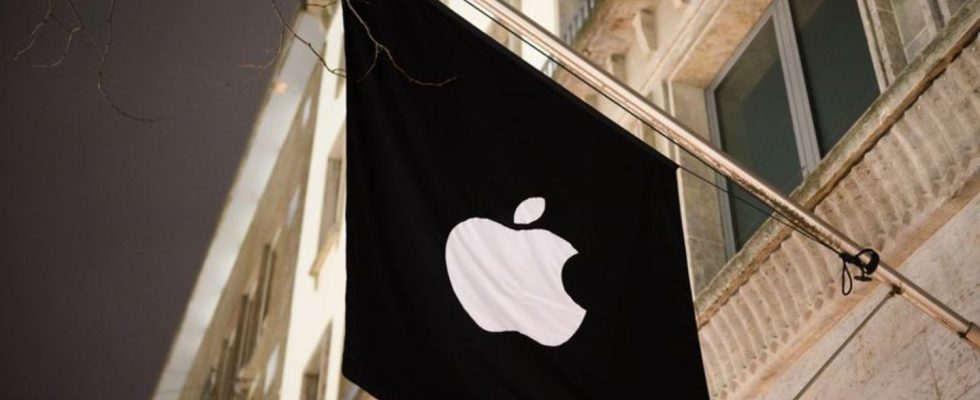computer
US Department of Justice files antitrust lawsuit against Apple
The core of the allegations against Apple is that the company binds users to its own devices by making other companies’ services artificially less attractive. photo
© Julian Stratenschulte/dpa
After years of investigations, US government competition watchdogs are taking Apple to court. But the allegations are narrower than some observers expected.
The core of the allegations is that Apple binds users to the company’s devices by making other companies’ services artificially less attractive. Among other things, the lawsuit states that Apple is hindering so-called “super apps” that can serve as a platform for various services. The company also unfairly protects its iMessage chat service by having poorer interaction with users on non-Apple devices. Apple has also put obstacles in the way of games that run on servers on the Internet. Apple denies all of these allegations.
Setbacks for Apple in Europe
Changes to Apple’s business that the US government might force will not necessarily affect users in Europe. Apple has just had to restructure its EU business in some fundamental ways because of the new DMA digital law. For the first time, the company allowed apps to be loaded onto iPhones from places other than the in-house app store. However, some large app providers such as the music streaming market leader Spotify and the “Fortnite” company Epic Games criticize that Apple has made the conditions so unfavorable for developers that the vast majority of them would not accept it. Apple emphasizes that downloading apps from other sources involves risks for users that must be protected.
The EU Commission recently imposed a fine of 1.84 billion euros after a complaint from Spotify because Apple had hindered competition in music streaming. Of these, 1.8 billion were intended for “deterrence,” it was said.
Procedures take years
The US government is targeting the next big tech company with competition allegations: the Justice Department has already sued Google, and the FTC is taking action against Amazon and the Facebook group Meta. For a long time, companies benefited from rather lax regulation in their home market, but that has changed in recent years. The proceedings in these cases usually take years.
US Attorney General Merrick Garland emphasized at a press conference that the government usually wins the cases in which it resorts to legal action. The agency’s top antitrust watchdog, Jonathan Kanter, said they want to ensure that Apple competes again through its own innovations – and not by hindering third-party inventions.
Apple countered that a company is not obliged under competition law to give competitors free access to its technologies. The lawsuit threatens principles that make Apple products stand out in a highly competitive market. It is also a dangerous precedent in which the government wants to dictate how technology should be developed. A government success could make iPhones feel like Android phones.

